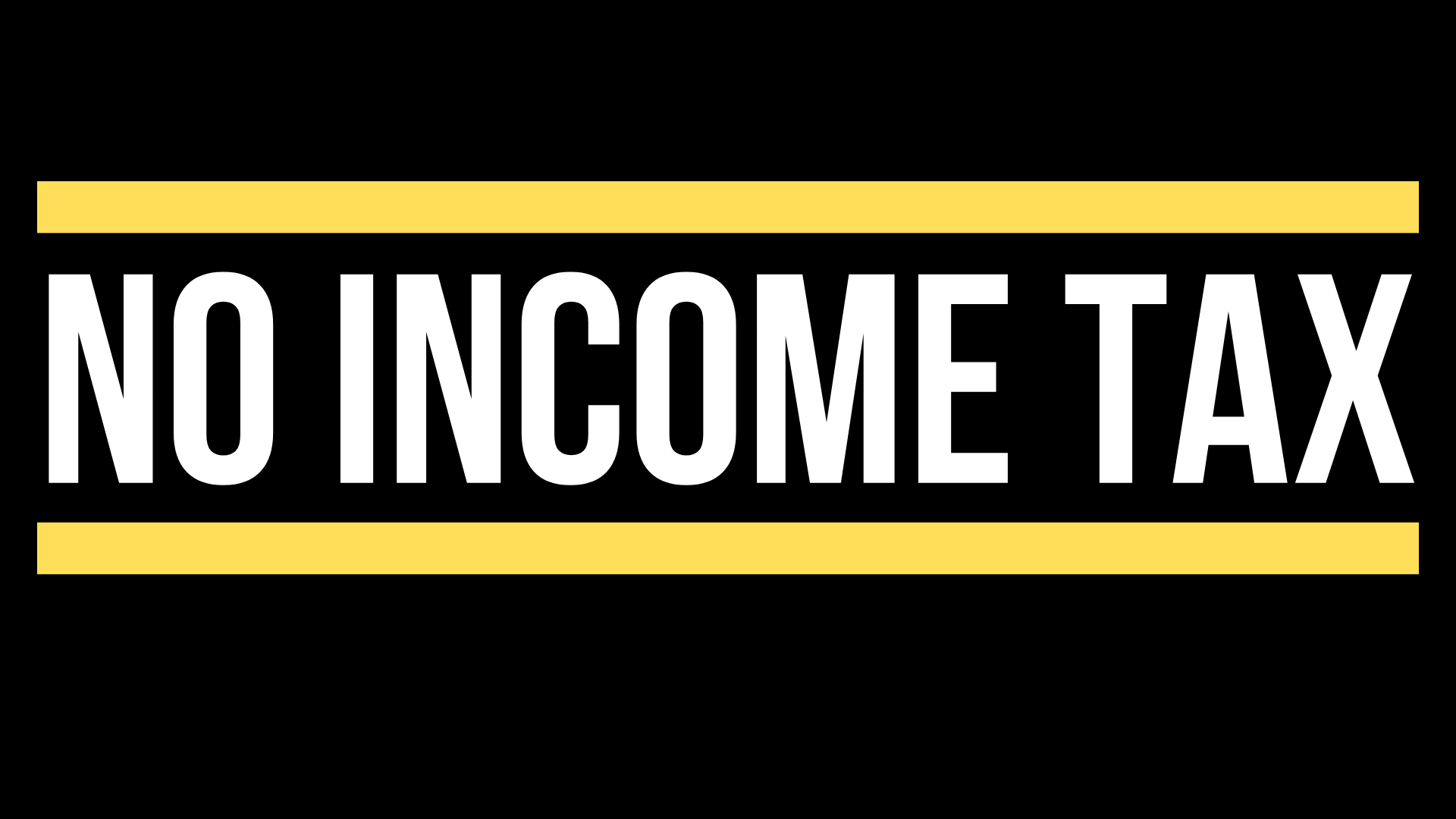Spokane's Spokesman-Review published this column March 27, 2011.
The luck of the Irish wasn’t with advocates of bigger government on St. Patrick’s Day this year. Washington state’s chief economist released revenue forecasts March 17 that show state revenues rising slower than planned increases in spending. The solution certainly won’t be found in a pot of gold at the end of the rainbow.
According to the state budget office, spending will outpace revenue by $220 million in the budget cycle that ends June 30. Lawmakers have just a few weeks to tackle that problem and a growing $5.2 billion budget gap for the 2011-13 budget. If they can’t get their work done by April 24, lawmakers could end up charging you another $100,000 per week for a special session. The problem is state revenue is growing, but not fast enough to keep up with the rise in state spending.
Washington taxpayers will pay an additional 14 percent into state coffers in the next budget compared to the current budget, bringing General Fund revenue to some $32 billion, the largest amount the state has ever collected. So why do panicky lawmakers feel pinched? Simply put, Olympia continues spending more than it can afford.
Lawmakers have been staring at an enormous deficit the entire session, and have done little to solve it. Governor Christine Gregoire has shown bold leadership by proposing to restructure and streamline government and get spending under control. Even through spending rose 33 percent in four years under Olympia’s Democrat leaders, even Republicans are now saying “she finally gets it.” A recent cover of Seattle Business magazine shows the governor with the tagline “No More Mrs. Nice Guy.”
Still, many lawmakers in the governor’s own party are proposing gimmicks that have not worked before, and certainly won’t work now. These include:
- Add a 25th month of revenue to the two-year budget. Lawmakers would take a month’s worth of tax revenue out of the next biennium to fund their deficit now, leaving future legislators to deal with another gap in 2013. The last time this trick was used, in the 1970s, it took the state 16 years to catch up.
- “Securitize” revenue by spending tomorrow’s tax collections today, leaving an IOU, plus interest, for a future legislature to pay off.
- Sell long-term bonds to fund short-term operations. This is like using a 30-year mortgage to buy the weekly groceries. As the governor points out, debt payments already consume six percent of the General Fund. Bonding operating costs could end up costing taxpayers another $1 billion in principal and interest.
- Pass a tax increase. Some lawmakers feel they can achieve a larger state budget by making your family budget smaller. Last year advocates of bigger government tried to pass an income tax initiative. The governor supported it, but to her credit she now says she opposes broad tax increases.
- Don’t balance the budget. Some House Democrats want to simply not balance the budget and wait for voters to approve a tax increase later. The constitution requires the governor to propose a balanced budget, but it does not require the legislature to adopt one. That is why 29 lawmakers proposed a bill this session requiring balance. It wasn’t even given a hearing.
Other lawmakers are trying to slow down the rise in spending. Republican budget leader Sen. Joe Zarelli is calling for re-opening negotiations with the state’s powerful labor unions. He says new collective bargaining talks are needed to increase state workers’ share of health care costs to 25 percent, up from the 15 percent the governor agreed to. That would save taxpayers millions, but majority Democrats say the bill is going nowhere.
Ultimately, if Washington is going to get off of the budget rollercoaster, the closed-door collective bargaining process will have to be repealed, and decisions about employee spending returned to the legislature. Other structural changes include adopting a constitutional spending limit, canceling low priority programs, building up the rainy-day account, and using competitive bidding to lower the cost of providing public services.
Governor Gregoire’s budget director Marty Brown has thrown darts to pop each of the budget gimmick trial balloons. Brown recently said, “We need to get on a stable footing, with spending cuts and no tricks.” And to that, all Washingtonians can say, “Amen!”





